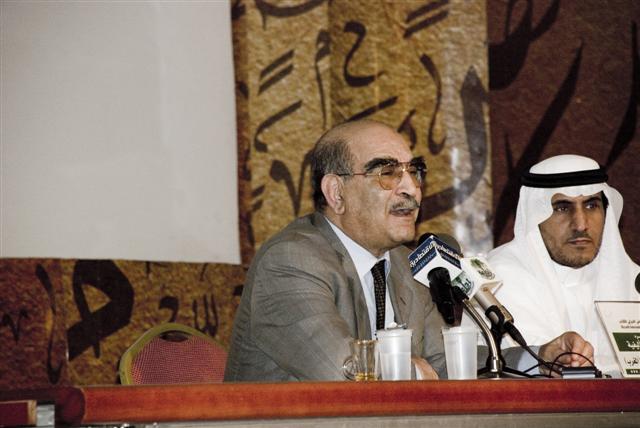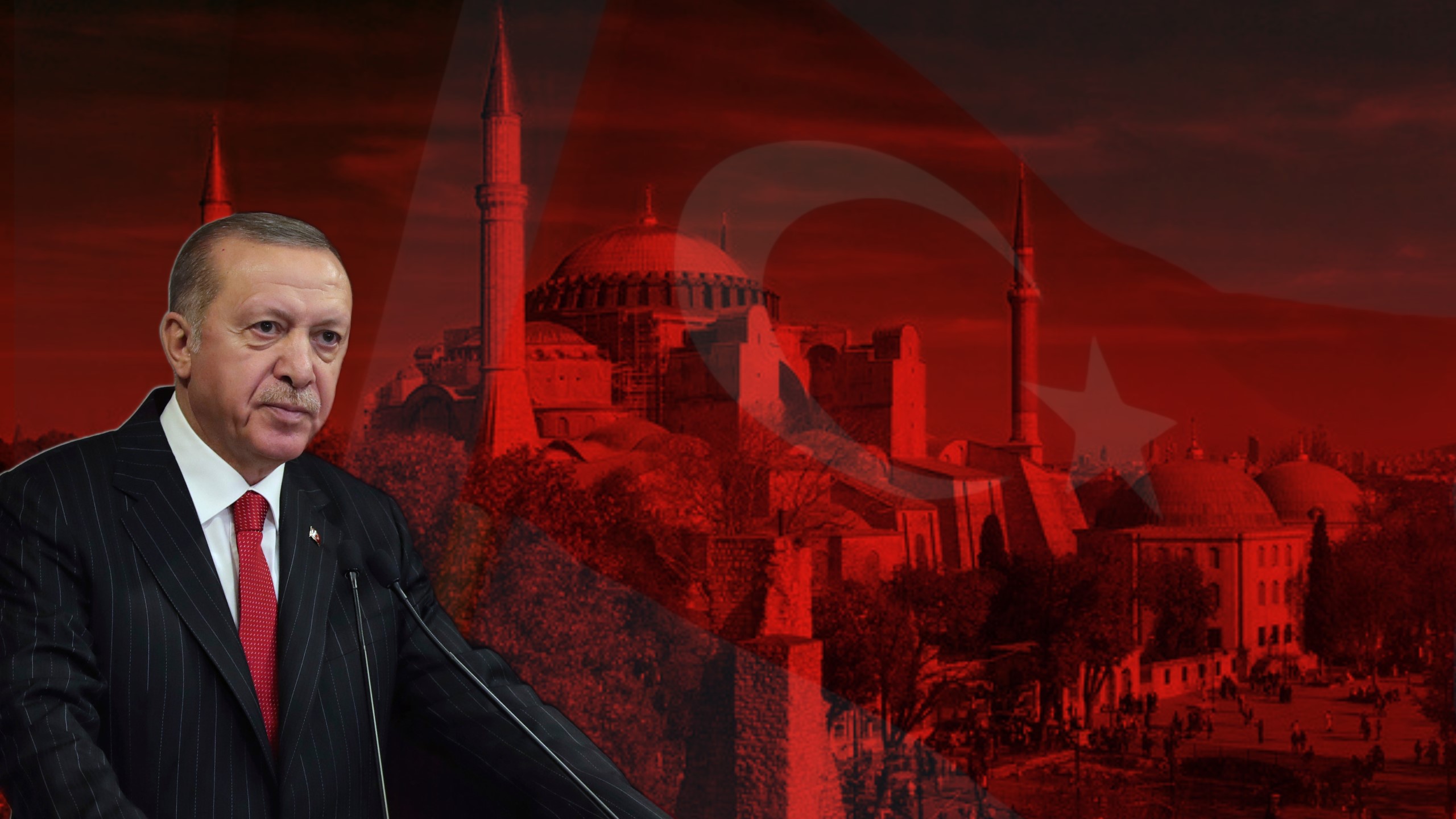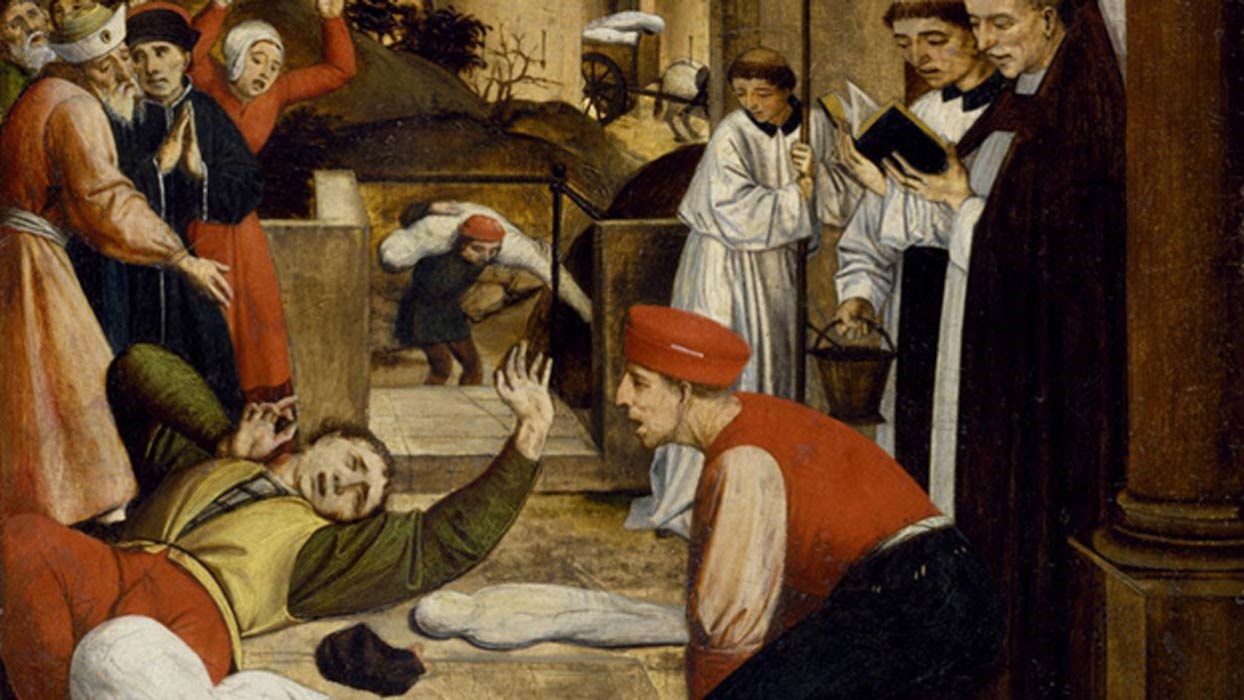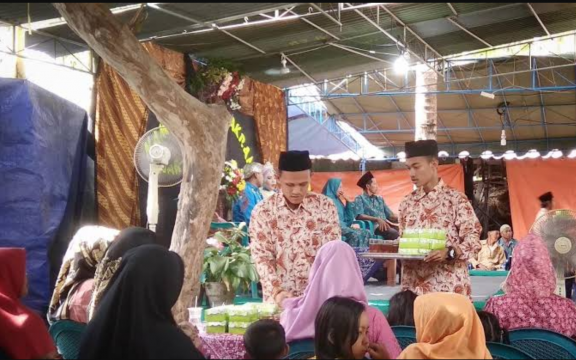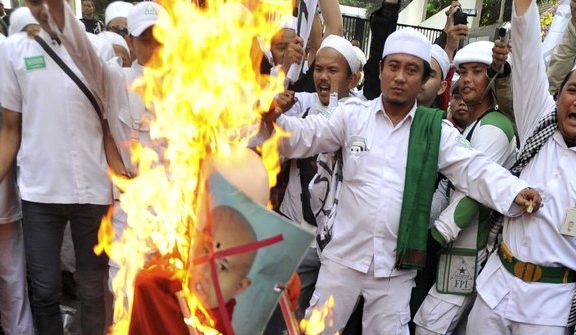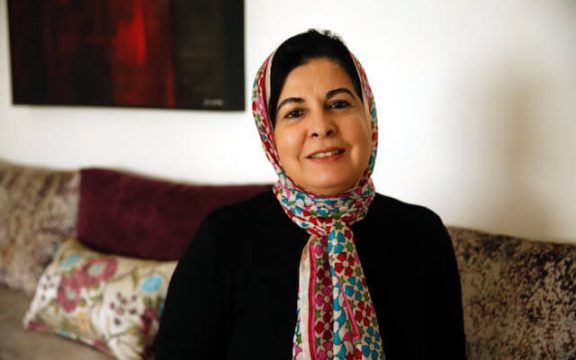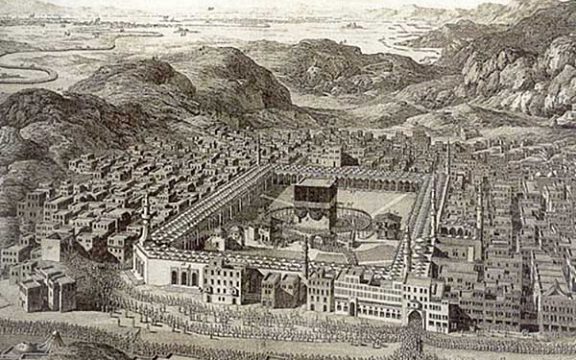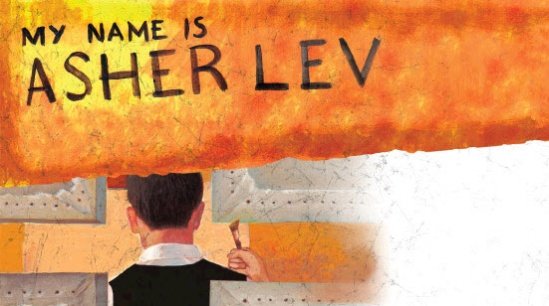Islamic reformist tradition has deeply rooted to the founding era of Islam. Of the term related to it, there are several terms that encourage reform (islah) in the Qur’an. The Prophet Muhammad even predicted that, in each century, a reformer (mujaddid) would arise to reform.
Islamic reform movement has been spoken by several Muslim scholars around the world. Among the well-known Muslim scholars cited by various reform movements are Abu Hamid al-Ghazali (1058–1111), Taqi al-Din Ahmad Ibn Taymiyya (1263–1328) in Damascus, Shah Wali Allah al-Dihlawi (1703–1762) in India, Muhammad Ibn ‘Abd al-Wahhab (1703–1792) in Arabia, and Muhammad Abduh (1849-1905) in Egypt.
The emergence of Islamic renewalism is caused by several conditions. In the mid-twentieth century, Islamic reform however was mostly caused by Western colonial. The encounter of Muslim societies with modernity after European colony expansion into the Islamic world encouraged some Muslim scholars to renew Islamic thought.
Contemporary Islamic reform splits into two different strands. The first one is upholding the compatibility of certain Western and Islamic ideals and the second one is rejecting of Western precedents. The liberal Islamic movement defending Western values such as democracy system, human right, and gender equality are among the characteristics of contemporary Islamic reform.
In the other hand, many scholars such as Muhammad Ibn ‘Abd al-Wahhab espoused conservative trends, which encourage to urge a return to the “purity” of the first Muslim society. The existence of ISIS (the Islamic State of Iraq and the Levant) and some organizations that support to form Islamic state is an effort on the Islamic reform. Therefore, the discourse about Islamic reform is not clear. One of the prominent scholars trying to solve this problem is al-Jabri.
Mohammed Abed Al-Jabri (1935-2010), as known as Al-Jabiri, is a philosopher originated from Morroco, is one of the prominent Moslem thinkers. During his study in senior high school, he involved politically under the Istiqlal Party. Involving in leftist politic, he was incarcerated for a few months in 1963. In 1958 he started studying at the University of Rabat. He went to study philosophy, and in 1960, he obtained postgraduate degree. He submitted his first doctoral thesis on Ibnu Khaldun’s philosophy of history in 1967. Mohsen Miri (2012) cited that al-Jabri wrote more than 30 titles in various works. Two decades later, in 1984, he began writing his magnum opus –A Critique of Arab Reason, in three volumes-. Al-Jabri is at the same level as Muhammad Arkoun and Hassan Hanafi who used deconstructive approach to understand Islamic classical heritages (turath) on Islamic reformism.
Regarding Islamic reform, al-Jabri stated that many scholars have thought that Islamic reform should be based on al-Quran and Sunna, meaning the reform should duplicate the first Muslim society (the Prophet Muhammad and the Caliphs era). Therefore, the reformists must choose to apply puritan revivalist approach and, in the other hands, some argued that it should accept modernization and Westernization.
He stated that the dualism (Salafism and Liberalism) of thought around Islamic world was one of the main problems. Another problem was that Muslims around the world were in the crisis of innovation of thought. According to al-Jabri, the important task of Muslim scholars nowadays, is to reconstruct Islamic thought based on concept and ideas through empirical and rational perspective.
Al-Jabri offer some resolutions regarding Islamic reform. The first, we have to reduce dichotomy between Islam and nation, classic heritage and innovation, or Islam and Western. One of the problems that appear on Islamic reform debate is how we carry out Islamic reform, what methods should be used, and what practical steps to do it. Al-Jabri said that the emergence of two different strands — accepting and rejecting Western precedents — regarding Islamic reform was caused by wrong way of looking at it. A dichotomy perspective cannot solve this problem because in this case it is not about choices. Islamic renewal is more about our civilization today, rather than depending on the past or the others (Western civilization).
The second, we have to re-examine our Islamic heritage (al-turath al-Islamiyyah). The expand of Salafism grounding in literalist reading to the Qur’an and Sunnah made some Muslim thinkers to understand Islam and its heritage more comprehensively. He said that “if we want to initiate a reform, we have to know what the civilization is and talking about our revival is discussing about our civilization” (Al-Jabri: 1989). According to al-Jabri, our heritage must be restructured by structural, historical, and critical-ideology analysis. By this approach, al-Jabri represents as one of the Islamic heritage thinkers.
![Islami[dot]co](https://en.islami.co/wp-content/themes/jambualas/images/logo.png)
